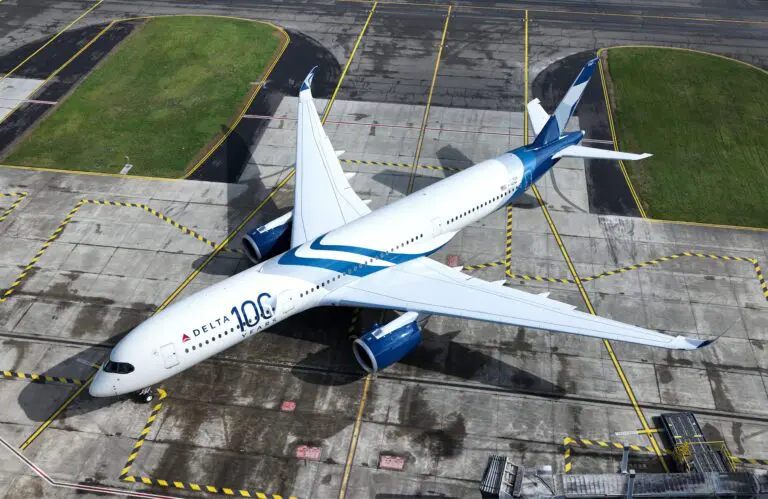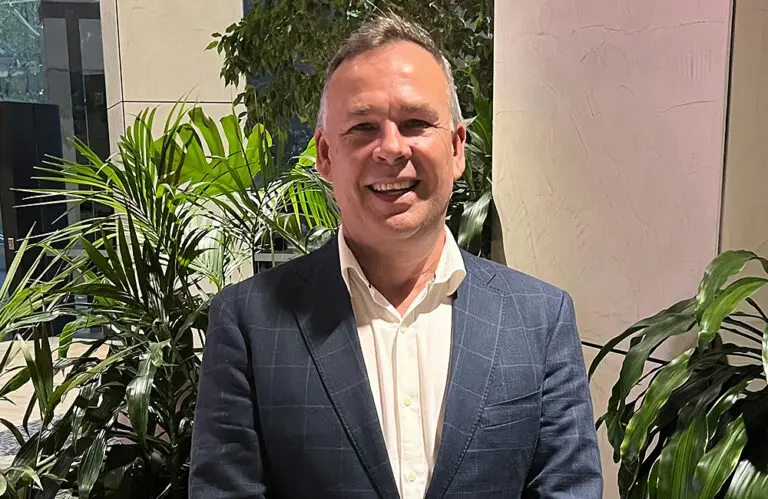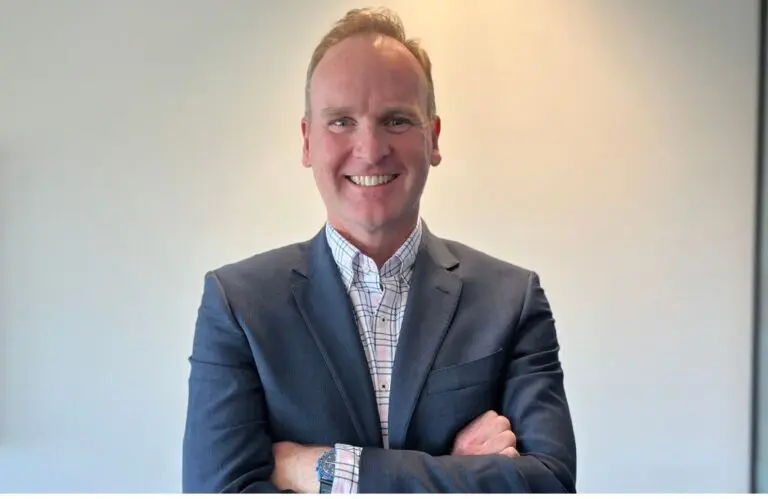I shouldn’t have to write this article. It’s 2023. Travel matters. Book with a travel agent. Don’t be an arsehole. Yet, while these may seem pretty obvious, especially after the pandemic and particularly considering current events, here we are.
A few months ago, a story ran in The New Yorker called The Case Against Travel by Agnes Callard. Callard is an Associate Professor in Philosophy at the University of Chicago. If little else, the story with its provocative headline got people talking. I only happened upon it when The Project’s Waleed Aly and his ABC Minefield cohost Scott Stephens brought Callard in for a chat.
In an episode called Travel is bad for the climate — but what if it’s also bad for us? the trio talked about things that we in the industry have been grappling with for a good while now. It feels like the conversation, and maybe more so the article, is five years too late. And the answer, if indeed there was a question, was a frustrating ‘it depends’.
Basically, Callard suggests that travel isn’t that great transformative experience capital T travellers would have you believe it is.
“Travel is a boomerang,” she writes. “It drops you right where you started.”
Instead, Callard suggests travel has become (or perhaps always was if judging by the age of her quotes) an insincere spectator sport bragged about by posers, serving no real purpose. And we need purpose because travel for travel’s sake has an impact on our planet.
I’m no philosophy professor but I do remember back in my uni days discussing the works of some philosopher whose name I don’t recall, positing that we are nothing but the collection of our experiences and interactions.
To say that travel doesn’t change us, even in almost imperceptible ways, is a bit of a leap.
Travel matters
Remember when the way we spoke changed? When we used oxymorons like ‘social distancing’? Not too long ago, the word ‘travel’ was hitched to some unusual bedfellows (‘restrictions’, ‘bubble’, ‘exemption’), but it’s the prefix ‘essential’ that can have worrying implications.
When travel was classed as non-essential we were the poorer for it. Remember when we suburb-shamed? When we got so overcome by the very local that what was happening overseas got so much easier to ignore? The tyranny of distance goes both ways.
Say you meet someone at an industry event or on a fam. And say you get a lot of emails many of which may go unread, but one day you get an email from that person. Aren’t you more likely to open it because you’ve met them? Travel is like that. It’s a conduit for connection and a pathway to some much-needed empathy.

Travel matters. Whether it’s just to leave behind the routines of our everyday for a very valid break or to view the world (even if for a short time) from a different perspective, it’s a flex we need to take.
Because here’s the thing. Travel is a privilege. Only a very few of us have this privilege. And yeah, we kind of need to do it properly.
How we make travel matter
Every trip doesn’t need to be some transformative eat, pray, love journey. One trip is not every trip and no trip can do it all. But it would be great if they gave it a go.
Relocating from Austin for the first time, the iconic festival-meets-conference SXSW has been in Sydney. As part of SXSW Sydney, Soho House took over The Old Clare Hotel in Chippendale and, with British luggage company Antler, put on an event to talk about the purpose of travel.
Like the Minefield, there were more questions than answers. But there were definite themes. There has been a move away from bucket lists and box-ticking towards deeper immersion in cultures. To connection. But how do we do this right?
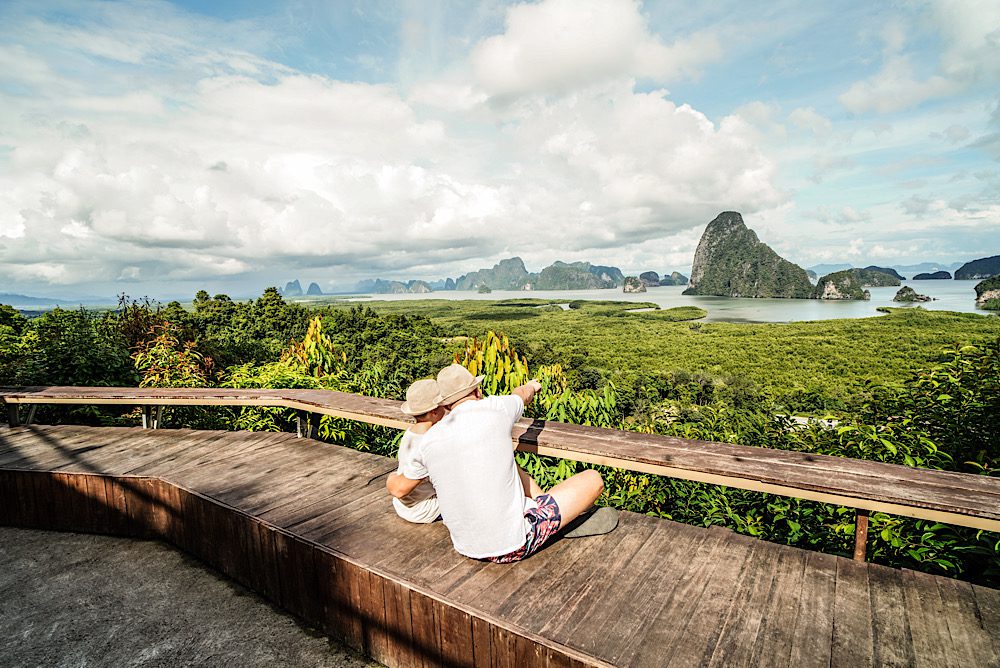
There was talk of voluntourism. But I remember when Bruce Poon Tip founder of small group adventure company G Adventures spoke about why his company hasn’t integrated voluntourism-type activities into its tours. They just can’t be done in “a meaningful way” he says.
“I’ve seen, especially in Latin America, the same churches and schools painted six times a year, because different volunteer groups come in to do the work.”
After the panel, I got chatting with Antler MD Kirsty Glenne and it was in this chat that I saw how companies are making calls that can make a difference. The almost 110-year-old luggage brand is taking a unique stand. In a throw-away culture of fast fashion, Antler has introduced a lifetime warranty. It’s looking to enduring style over fashion so that the luggage outlasts a trend.
Because do customers care about sustainability? Yes. Are they willing to put the work in? Probably not. This is where the travel industry has to step up. Because customers are outsourcing to you.
The role of the travel agent
I recently checked out a Facebook group for travellers to Japan. It’s not uncommon here for members to point out how much money they’ve saved by not enlisting an agent. These are people who clearly don’t mind spending hours in similar groups asking the very questions to which agents would have the answers. Why people still trust a stranger on Facebook over an agent astonishes me. These are the same people who would never not go to a professional to get their hair cut, but are happy to risk a costly holiday to DIY. And I’m not talking about just when things go wrong.
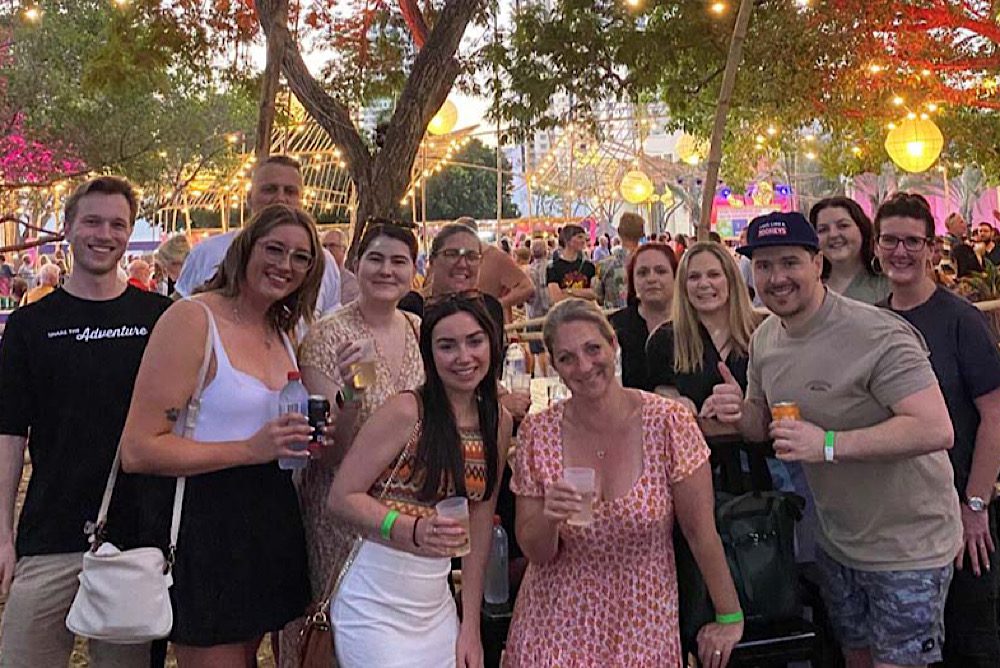
Travel agents play a crucial role in making travel more meaningful and memorable. They are the bridge to authentic experiences and connections in a world that often prioritises surface-level tourism. Agents have the knowledge and relationships to curate personalised itineraries, recommend off-the-beaten-path destinations, and introduce travellers to the heart and soul of a place.
Because we CAN change the world
My daughter brought home a picture book from school. She chose it because there were pandas on it. It’s called Stillwater and Koo Save the World.
Koo, the little panda tells his uncle Stillwater that he wants to “Fix all the things that are wrong!” He wants to save the world. His uncle has him help clean up. To feed the cat. When Koo wants to eradicate world hunger, Stillwater enlists Koo’s help to bake a cake for the new neighbours.
Because just as no trip can do it all, no one act can fix it all. But that isn’t to say these acts and these trips are without merit, that they don’t change the world for someone.
And if none of this matters to you, if you understand statistics and bottom lines, understand this. The global business volume of tourism “equals or even surpasses” that of oil exports, food products or automobiles, the UNWTO says.

In some nations, it serves as a primary revenue stream, offering extensive advantages that span various sectors, including construction and agriculture, in others.
We’ve seen the stark consequences of a world without tourism. And travel never really was about seeing the sights. We could (and were forced to) do that from our loungerooms. Travel is about seeing the world differently. The world is waiting.




